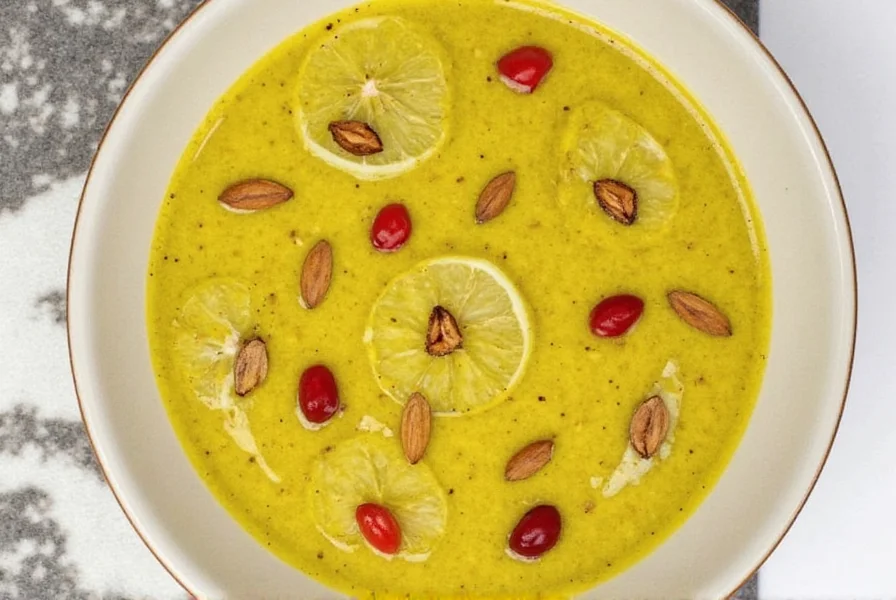Make the perfect mustard vinaigrette in 5 minutes with this simple recipe. This tangy, spicy dressing elevates salads, grilled meats, and roasted vegetables without overpowering them. Here's exactly how to make it at home.
Easy Homemade Mustard Vinaigrette Recipe
Ingredients:
- 1 tbsp Dijon mustard (or whole grain for extra texture)
- 1 tbsp apple cider vinegar or lemon juice
- 3 tbsp extra virgin olive oil or avocado oil
- 1 tsp honey or maple syrup (optional for sweetness)
- Pinch of salt and freshly ground black pepper
Instructions:
- In a small bowl or jar, combine mustard, vinegar, and sweetener (if using).
- Slowly drizzle in oil while whisking constantly until fully emulsified (about 30 seconds).
- Season with salt and pepper to taste.
- Use immediately or refrigerate in an airtight container for up to 10 days.

| Mustard Type | Heat Level | Best For |
|---|---|---|
| Dijon Mustard | Moderate | Classic salads, sandwiches, marinades |
| Whole Grain Mustard | Medium-High | Rustic dishes, hearty salads |
| Spicy Brown Mustard | High | Meat glazes, bold dressings |
| Honey Mustard | Low-Medium | Fruit salads, chicken dishes |
Why Mustard is Essential in Vinaigrette
Mustard serves three critical functions: it adds complex flavor, acts as a natural emulsifier to prevent separation, and stabilizes the dressing for longer freshness. Even small amounts (1 tsp) significantly improve texture and taste.
Perfect Pairings for Mustard Vinaigrette
- Greens: Arugula, kale, spinach
- Proteins: Grilled chicken, salmon, tofu
- Veggies: Roasted beets, Brussels sprouts, carrots
- Grains: Quinoa, farro, couscous salads
| Brand | Key Ingredients | Best Use Case |
|---|---|---|
| Primal Kitchen Avocado Oil | Avocado oil, Dijon mustard, apple cider vinegar | Paleo/keto diets, health-conscious eaters |
| Newman's Own Balsamic & Dijon | Balsamic vinegar, Dijon mustard, sunflower oil | Gourmet salads, upscale dinners |
| Annie's Organic Honey Mustard | Organic mustard, honey, olive oil, vinegar | Family meals, kid-friendly options |
7 Pro Hacks to Elevate Your Mustard Vinaigrette
- Add fresh herbs: Chopped dill or parsley for brightness
- Infuse the oil: Use garlic or chili oil for layered flavor
- Swap vinegar: Try champagne or sherry vinegar for complexity
- Boost umami: Add 1 tsp miso paste or soy sauce
- Use whole grain mustard: For rustic texture and visual appeal
- Make it creamy: Blend in 1 tbsp Greek yogurt for rich texture
- Emulsify properly: Whisk oil slowly while adding to prevent separation
Frequently Asked Questions
Why does my mustard vinaigrette separate?
Vinaigrettes naturally separate because oil and vinegar don't mix permanently. To prevent this: 1) Add mustard as an emulsifier, 2) Whisk oil slowly into the vinegar mixture, 3) Shake vigorously before use. If separated, bring to room temperature and shake hard.
Can I make this without sweetener?
Absolutely! Omit honey or maple syrup for a sharper, more savory dressing. If too tart, add a pinch of grated shallot or minced garlic for natural sweetness without sugar.
What's the best oil for mustard vinaigrette?
Extra virgin olive oil provides rich flavor, but avocado or grapeseed oil offers neutral taste. For special occasions, try walnut or hazelnut oil for nutty depth. Avoid strongly flavored oils that overpower the mustard.










 浙公网安备
33010002000092号
浙公网安备
33010002000092号 浙B2-20120091-4
浙B2-20120091-4